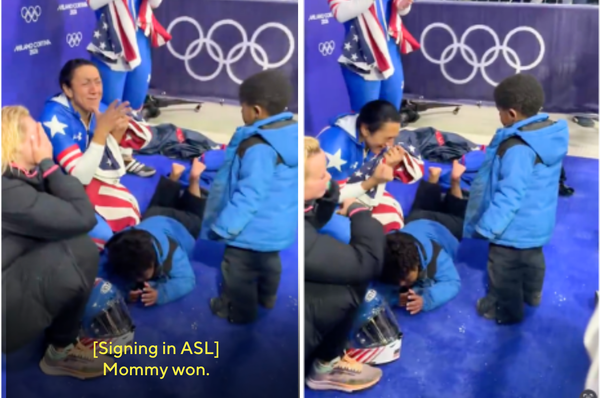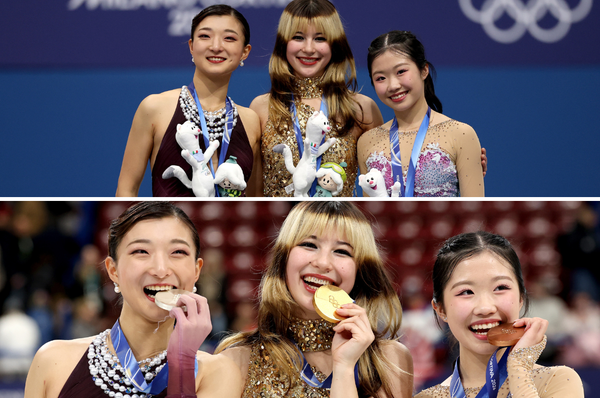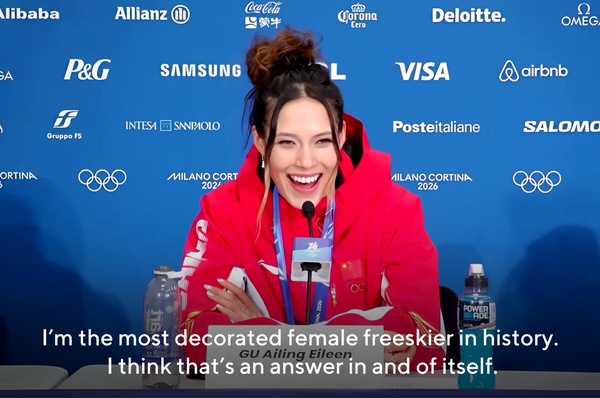A Chinese Court Has Again Rejected This Woman’s Historic #MeToo Case Against A Famous TV Presenter
A court in China has rejected an appeal to a historic #MeToo case brought forward by Zhou Xiaoxuan, a 28-year-old screenwriter, who said she was sexually harassed by a famous TV presenter when she was an intern.
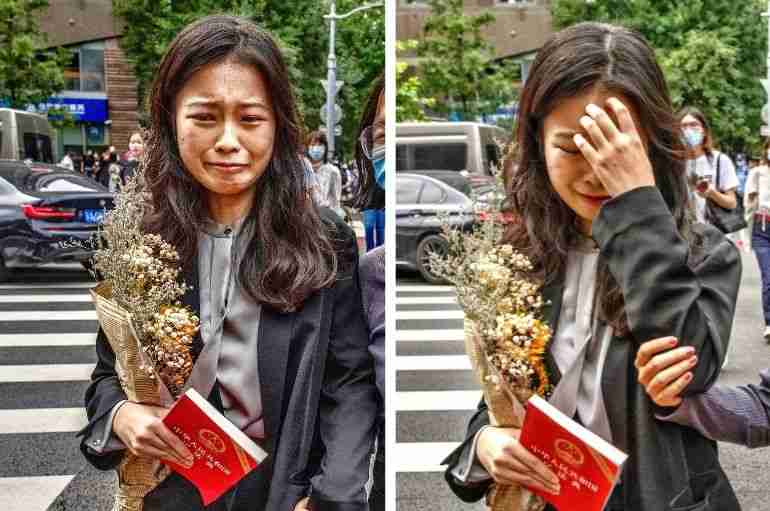
A court in China has rejected an appeal to a historic #MeToo case brought forward by Zhou Xiaoxuan, a 28-year-old screenwriter, who said she was sexually harassed by a famous TV presenter when she was an intern.
Zhou, who is known in China by her nickname Xianzi, said in a social media post in 2018 that Zhu Jun, a now 57-year-old host at CCTV, groped and forcibly kissed her in a dressing room in 2014 when she was a 21-year-old intern

Her post went viral on social media, and she quickly became the face of the #MeToo movement in China.
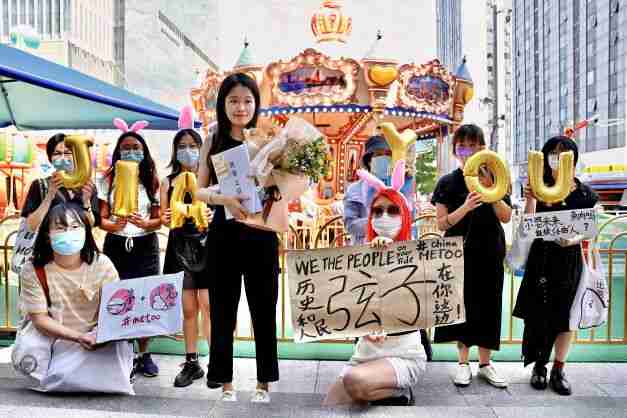
“It’s important for every girl to speak up and say what she has suffered,” Zhou wrote in her post. “We need to make sure society knows that these massacres exist.”
Zhu denied the allegations and sued her for defamation. She countersued him, demanding a public apology and 50,000 yuan ($7,600) in damages.
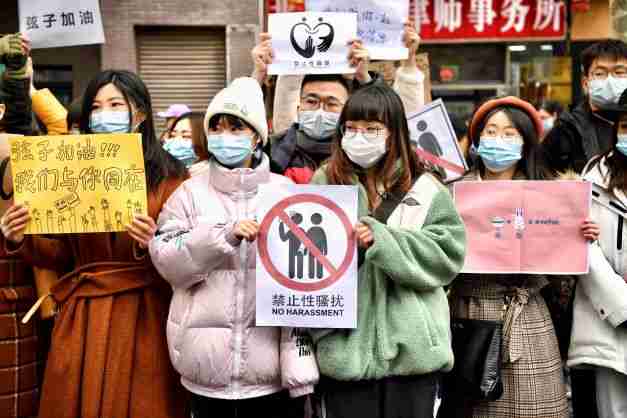
A court in Beijing rejected her case in September last year over “insufficient evidence”, prompting Zhou to appeal.

She said that her legal team would gather more evidence, including surveillance footage and police transcripts with her parents after she reported the incident that had not been included in the earlier trial, according to the Guardian.
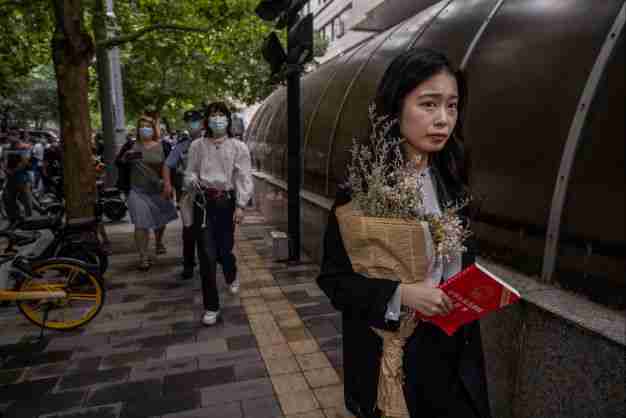
However, on Wednesday Aug. 10, the court again ruled against Zhou in a closed-door hearing, saying that she had submitted “insufficient evidence” to prove alleged sexual harassment.
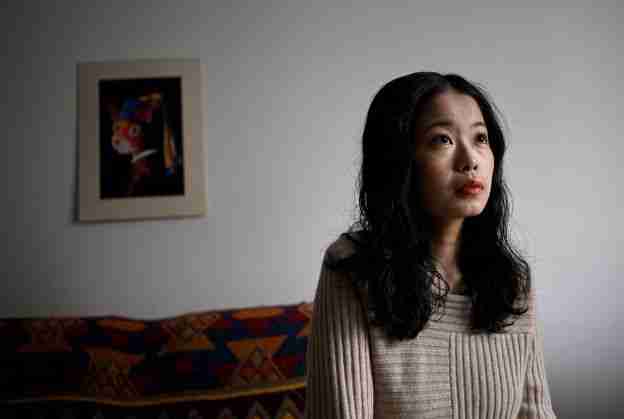
“I’m disappointed but it’s also somewhat expected,” Zhou told the Guardian after the hearing. “I won’t give up, but I also don’t know what to do next. We seem to have exhausted all the legal means.”
Ahead of the hearing, she shared a video on social media saying that she doesn’t regret pursuing the case, adding that she hopes things will be easier for other victims in the future.
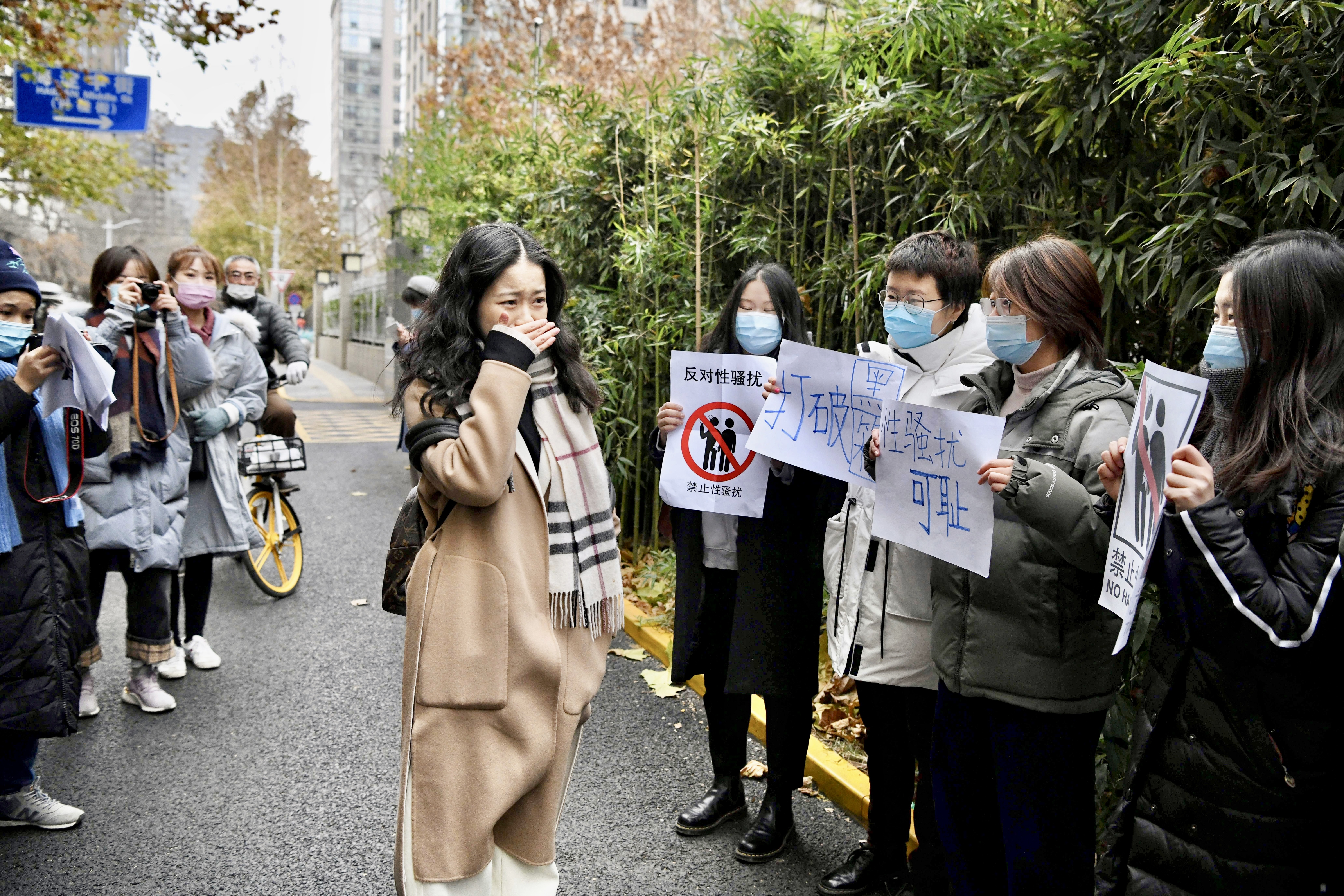
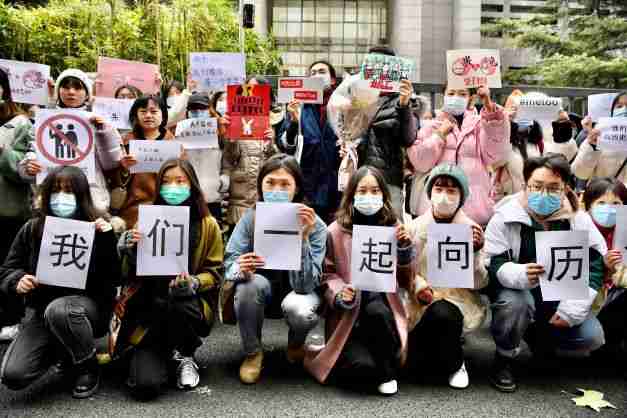
“Four years have passed, and the most important thing is that we have raised this question: when a woman encounters sexual harassment in a closed space, is her pain worth paying attention to?” Zhou said to supporters outside the court on Wednesday. “There may be no answer today, but the most important thing is that we put this question here.”
“Even if this case does not achieve a final judicial victory in the end, it is already a victory for many people to be able to see victims of gender-based violence like myself,” Zhou said in December 2020.
“If, through this case, we are able to push the law forward and help victims in the future to be able to receive support when they go to court, that is already a sort of victory in itself,” she added.



